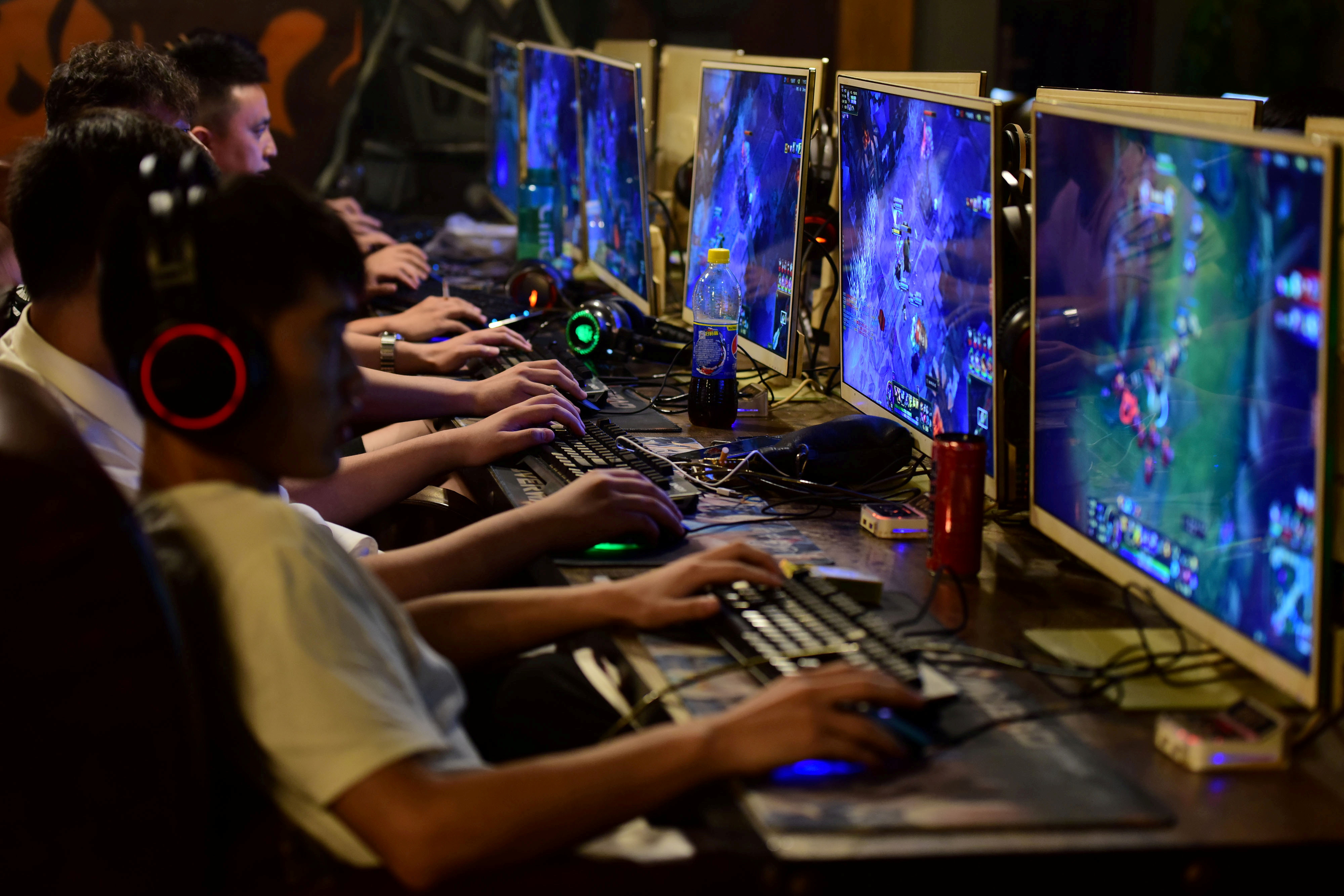A newly launched video game in China has sparked extensive public discussion about gender stereotypes, sexism, and the depiction of women in mainstream media. The dispute revolves around a mobile game that prompts players to “uncover” so-called “gold diggers”—a phrase commonly used to label women thought to be pursuing financial benefits through romantic involvements. The game has rapidly turned into a cultural hot topic, attracting criticism from feminist organizations, social media commentators, and scholars who assert that it reinforces damaging gender prejudices in a society where issues of gender equality are gaining significant attention.
The game’s premise is simple yet provocative. Players assume the role of a detective tasked with identifying women who are allegedly dating men for their wealth rather than for genuine affection. Through various in-game scenarios, players gather “evidence” to determine whether female characters have ulterior motives in their relationships. The more “gold diggers” players expose, the higher their score.
Since the game launched, it has seen a vast number of downloads, especially popular among younger generations. It has also initiated vibrant online debates, with game-related hashtags becoming trending topics on Chinese social media sites like Weibo and Douyin. Enthusiasts of the game claim it provides a fun experience and a comedic perspective on a social phenomenon prevalent in both Eastern and Western societies. On the other hand, detractors argue that it emphasizes harmful stereotypes about women, portraying them as exaggerated figures and promoting the notion that interactions between women and men are chiefly transactional.
In the midst of the debate is a wider discussion regarding gender roles within contemporary Chinese society. With the expansion of China’s economy and the evolution of social norms, conventional ideas about matrimony, careers, and family life have undergone significant changes. Today’s young women are increasingly likely to seek advanced education, aim for professional achievement, and embrace autonomy. These societal transformations have occasionally conflicted with more traditional or conservative perspectives, resulting in tension over the roles women should fulfill.
Feminist perspectives in China have been notably outspoken in criticizing the underlying message of the game. They contend that it diminishes women’s autonomy and reinforces the damaging stereotype that women who look for financial stability in partnerships are naturally deceitful or untrustworthy. Some commentators have likened the game’s depiction of women to enduring sexist stereotypes present in both classic and contemporary media.
The issue is further complicated by the social realities many women face in China. Economic pressures, rising costs of living, and persistent gender inequality in the workplace continue to influence women’s choices and opportunities. In some cases, women may prioritize financial stability in their relationships not out of greed but as a rational response to systemic barriers. By framing women as opportunists without acknowledging these structural factors, the game, critics say, reinforces sexist attitudes and undermines efforts toward greater gender equity.
Academic experts in gender studies have also weighed in, emphasizing that popular media—including video games—plays a significant role in shaping public perceptions and social norms. When games like this one become popular, they contribute to the normalization of certain attitudes toward women, potentially influencing how individuals view relationships in real life. Researchers warn that unchecked sexist messaging can contribute to the perpetuation of gender-based discrimination, both online and offline.
The debate surrounding the game comes at a time when conversations about women’s rights and gender equality are gaining momentum in China, despite considerable challenges. The country has seen a rise in feminist activism in recent years, including campaigns against sexual harassment, domestic violence, and workplace discrimination. While progress has been made, feminist activists often face censorship, online harassment, and legal restrictions that limit the scope of their advocacy.
In this context, the popularity of a game that appears to ridicule women’s motives in relationships is seen by many as a setback. It reflects the persistence of deeply ingrained patriarchal values and highlights the difficulties of advancing gender equality in a society where traditional gender norms still hold sway.
Los creadores del juego han defendido su obra, afirmando que está diseñada como sátira y no como un comentario social serio. Argumentan que el juego ridiculiza a ambos géneros al retratar también a personajes masculinos que caen víctimas de manipulaciones. No obstante, los críticos señalan que el objetivo principal sigue siendo exponer a las mujeres como figuras engañosas, lo que refuerza el desequilibrio existente en las representaciones de género.
The controversy has also reignited discussions about the regulation of online content in China. While Chinese authorities have in the past censored or restricted video games for depicting violence, gambling, or politically sensitive content, regulation of gender representation remains inconsistent. Some analysts suggest that stronger content guidelines could help curb the spread of media that reinforces negative stereotypes.
At the same time, the debate over the game reflects broader global conversations about sexism in gaming culture. The video game industry worldwide has often come under scrutiny for its portrayal of women, both in character design and in the stories it tells. From hypersexualized female characters to the underrepresentation of women in leadership roles within gaming companies, gender issues remain a persistent concern.
In China, the rise of mobile gaming has created a massive industry with hundreds of millions of players. As games become an increasingly central form of entertainment and social interaction, the messages they convey carry significant cultural weight. This makes the current controversy not just about a single game, but about the values and narratives that are being disseminated through one of the most powerful mediums of the digital age.
Certain members of the Chinese gaming community are advocating for a broader range of inclusive content, encouraging developers to move past traditional stereotypes and craft games that portray the intricacies of today’s society. These supporters contend that video games, being an art form and method of storytelling, hold the capability to question societal norms, foster empathy, and drive beneficial social transformation.
Others, on the other hand, support the ability of creators to delve into provocative topics, arguing that efforts to regulate content could limit artistic liberty. This conflict between creative freedom and societal accountability is not exclusive to China and is reflected in discussions happening in gaming circles internationally.
For numerous commentators, the primary concern is the necessity for heightened awareness and conversation. Instead of outright banning or censoring controversial material, facilitating open discussions about how media influences gender perceptions might be a more successful approach to fostering understanding and transformation. Urging game creators to collaborate with diverse teams and seek advice from experts on gender representation could also result in more balanced and considerate content.
Ultimately, the controversy over this video game serves as a microcosm of larger societal debates about gender, equality, and cultural values in China. It underscores the power of popular media to shape attitudes and behaviors, and the importance of continuing to question and challenge stereotypes that limit progress toward a more inclusive society.
As the social environment in China evolves, it’s expected that these discussions will increase in frequency and visibility. The blend of entertainment, technology, and societal values will continue to be a lively and occasionally contentious area, where video games act as both a reflection and a driving force for transformation. How the community opts to address these cultural matters will be pivotal in shaping the future path of gender equality in the coming years.





